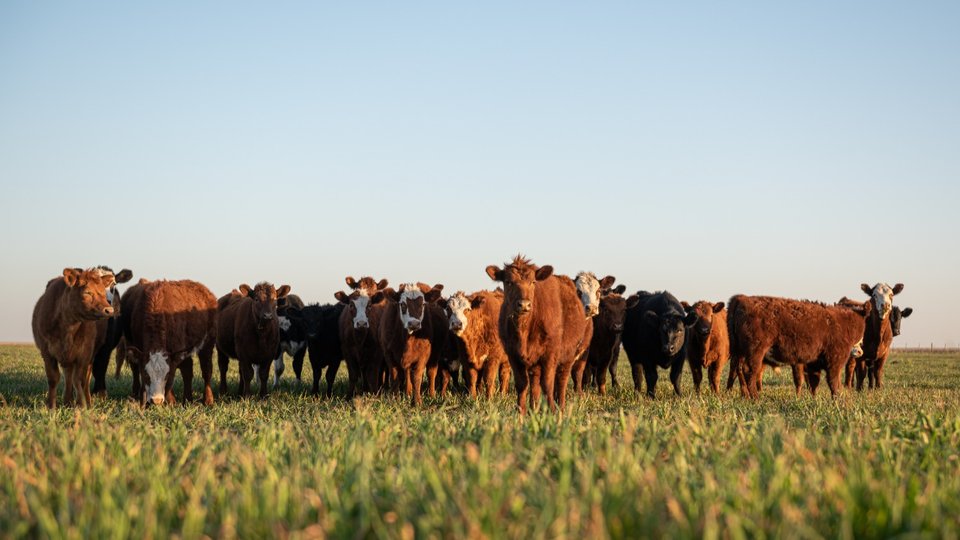Operations
Burger King teams with groups to help conserve, restore Grasslands

April 12, 2022
Burger King and agricultural company Cargill are partnering with the National Fish and Wildlife Foundation to support cattle ranchers committed to addressing climate change through regenerative agriculture practices in Colorado, Kansas, Nebraska, New Mexico, Oklahoma and Texas.
This five-year initiative, with up to $5 million in funding, brings together two major beef brands dedicated to emissions reduction, reinforcing the important role beef and cattle play in helping the Great Plains thrive. The funding is expected to generate one-to-one matching contributions from NFWF, creating a total on-the-ground impact of up to $10 million, according to a press release.
Burger King, Cargill and NFWF will bring financial and technical resources to ranching organizations in the Southern Great Plains to improve grassland management and reduce greenhouse gas emissions.
"We, along with our research partner Working Lands Conservation, are thrilled by this amazing opportunity to support livestock producers in stewarding the Southern Great Plains," Lesli Allison, Western Landowners Alliance executive director, said in the release. "This project highlights the key role that ranchers and grazing animals play in maintaining grassland ecosystems, feeding our nation and sustaining the economic vitality of rural communities." Rancher and project partner Bret Riley added, "Building good prairie chicken habitat builds good cow habitat. These are win-win management strategies that we are proud to work with agency and conservation partners on."
"As one of the biggest buyers of beef in North America, partnering with Cargill and NFWF allows us to accelerate ambitious efforts to reduce greenhouse gas emissions in our beef supply chain and to make meaningful impacts important to our planet and Guests," Tom Curtis, president of Burger King, said in the release. "Put simply — it's the right thing for us to do. Beef can be a force for good, particularly when it comes to improved rangeland management as a mechanism for directly addressing climate change. We're committed to creating a more resilient food system and collaborating as a team to advance noticeable change."
Burger King operates more than 18,700 locations in 100 countries and U.S. territories.
 ChatGPT
ChatGPT Grok
Grok Perplexity
Perplexity Claude
Claude








